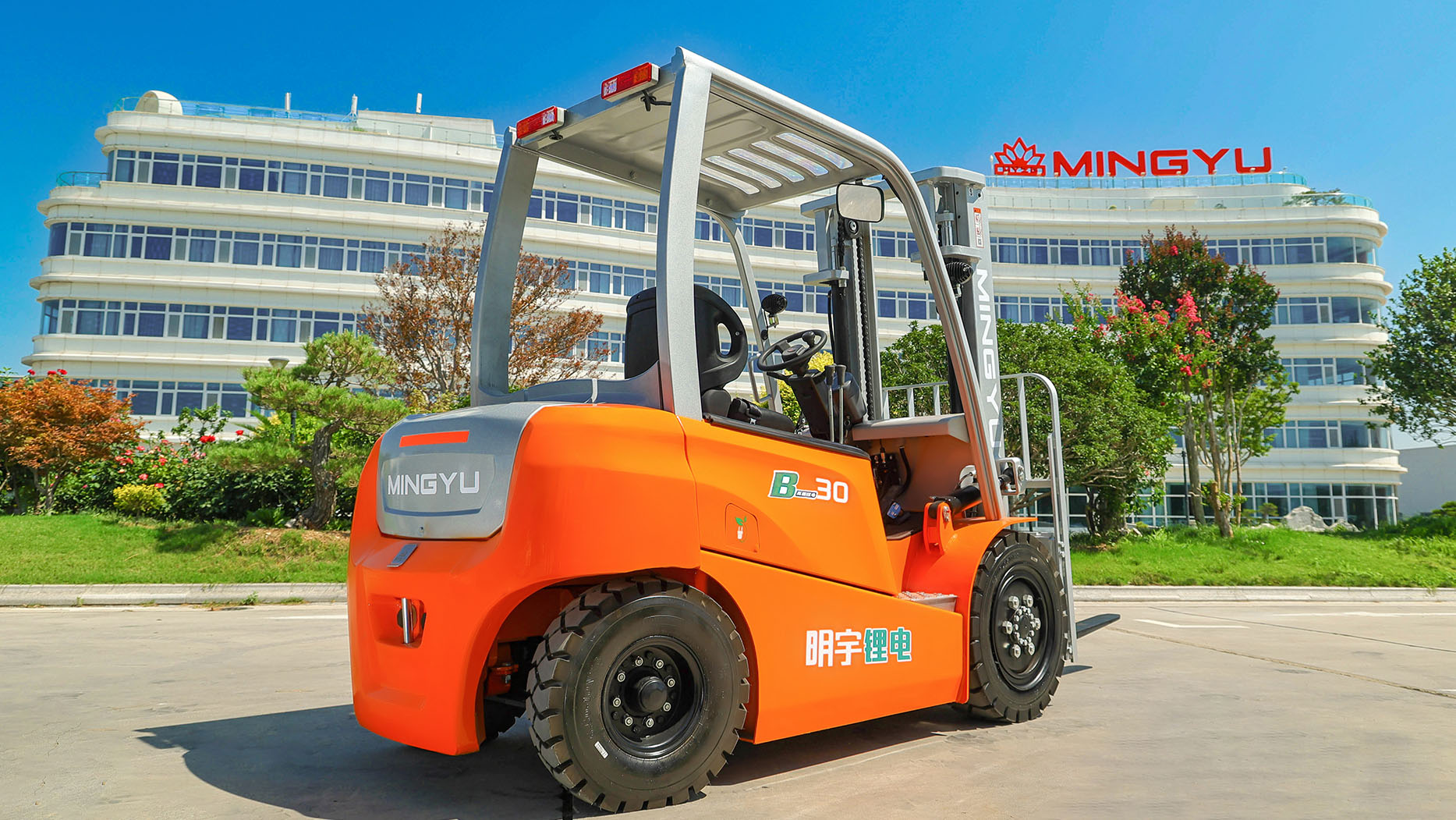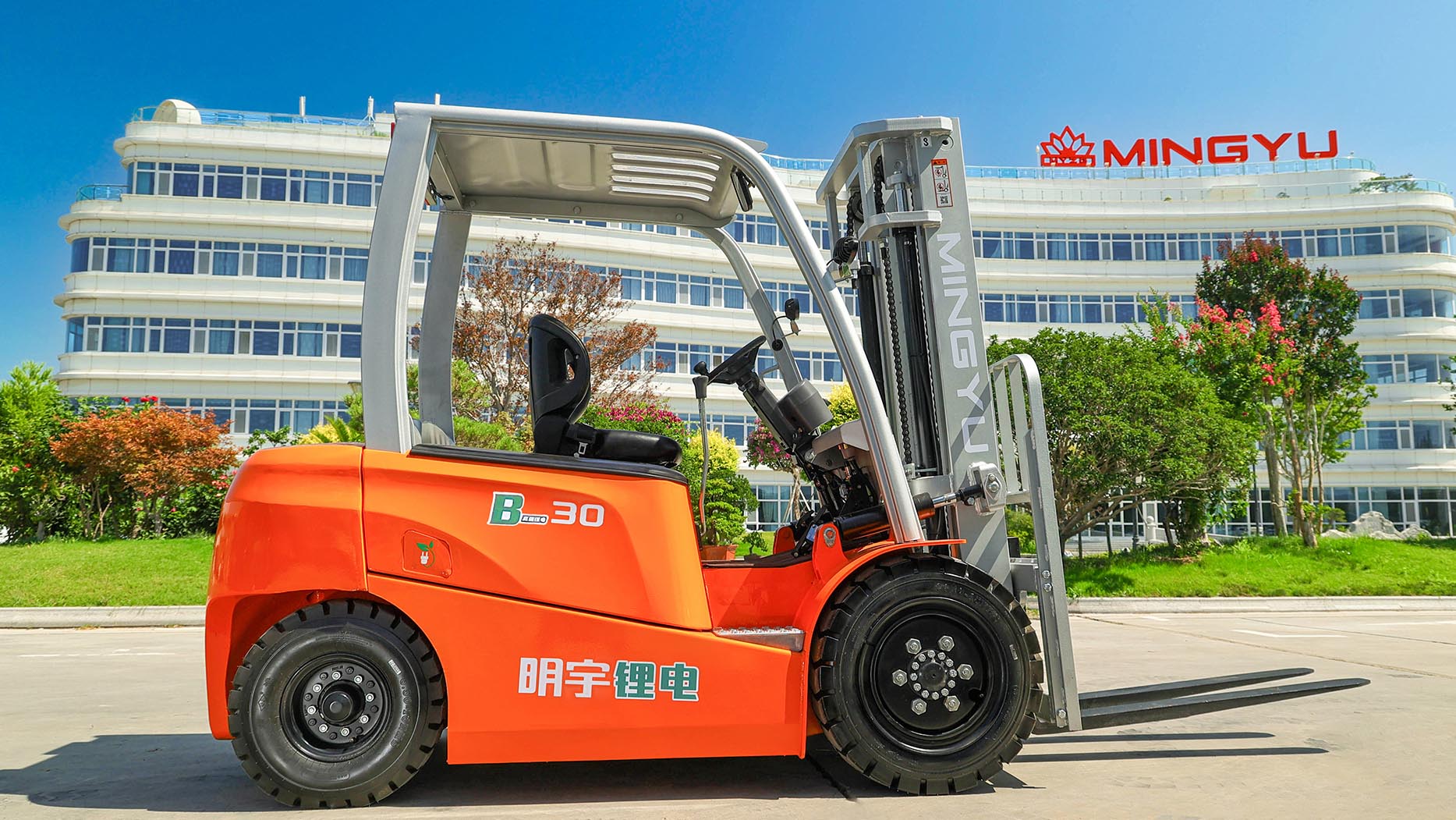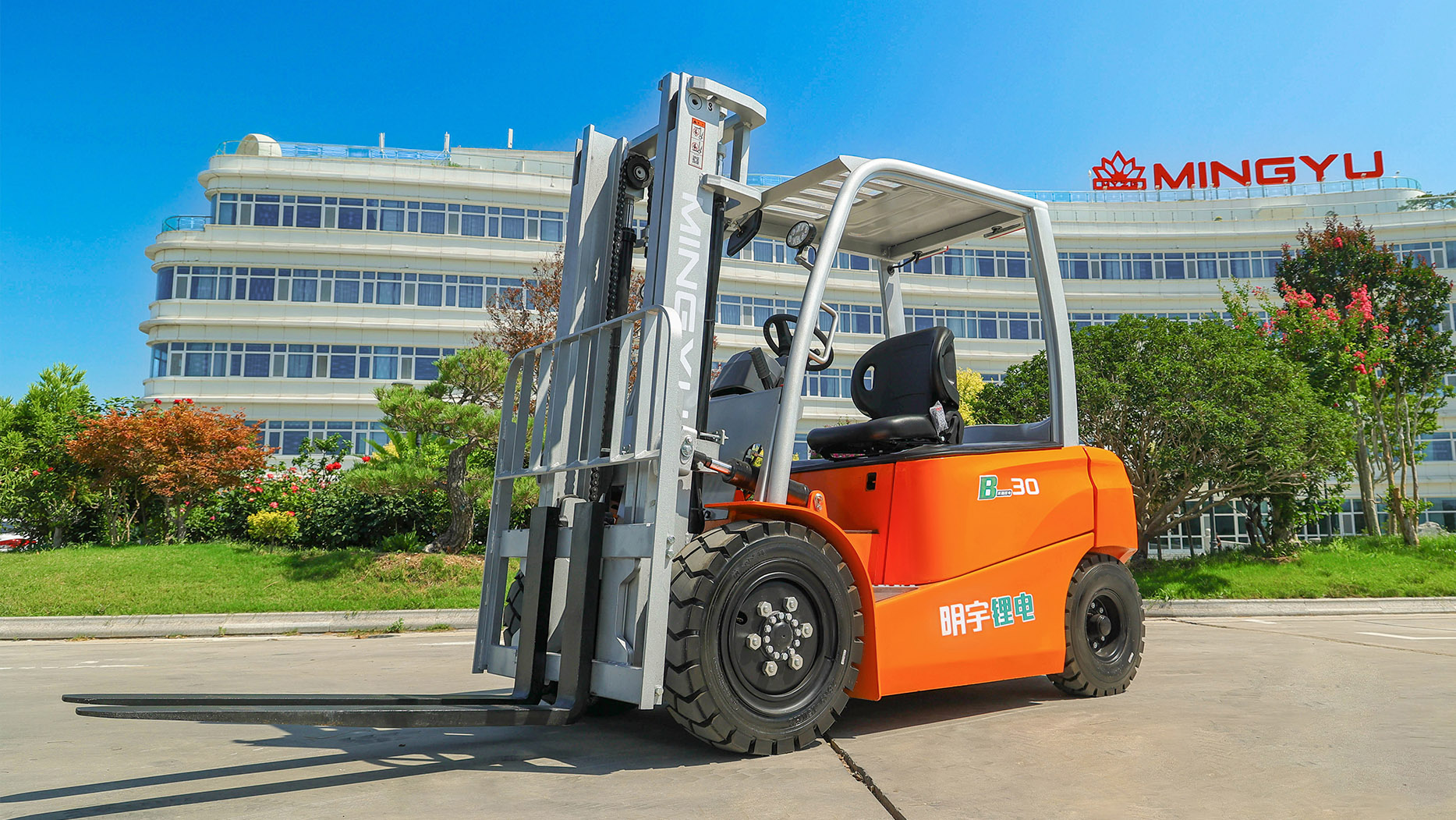If you're asking, "Where can we find about electric forklifts?", you're embarking on a journey to discover a world of advanced technology, diverse models, and crucial operational insights. The good news is that information and access to electric forklifts are more prevalent than ever. This comprehensive guide will navigate you through the various avenues to research, purchase, rent, and learn everything you need to know about these efficient machines.
Primary Avenues for Finding Electric Forklifts and Information
The search for electric forklifts can lead you through several key channels, each offering unique benefits:
1. Authorized Forklift Dealerships (Local & Regional)
This is often the most recommended starting point for serious buyers. Authorized dealers represent specific manufacturers (e.g., Toyota, Crown, Hyster, Yale, Jungheinrich, Mitsubishi, Clark, Komatsu, Linde).
What you'll find:
New Electric Forklifts: The latest models directly from manufacturers, often with customizable options.
Used & Refurbished Electric Forklifts: Many dealerships also sell high-quality, inspected, and often certified used electric forklifts, offering a more budget-friendly option.
Expert Sales Teams: Knowledgeable staff who can assess your specific operational needs, recommend suitable models, and explain technical specifications (e.g., battery types like lead-acid vs. lithium-ion, charging requirements, mast types, capacities).
Service & Parts Support: Crucial for long-term ownership, local dealerships provide factory-trained technicians, genuine parts, and preventative maintenance programs.
Financing & Leasing Options: Dealerships typically offer various purchase, lease, and rental plans.
Demos & Test Drives: The opportunity to see the forklift in action or even test it in your own facility.
Operator Training: Some dealerships offer training and certification programs.

2. Forklift Manufacturer Websites
The official websites of leading forklift manufacturers are invaluable resources for detailed product specifications, technological innovations, and company information.
Leading Electric Forklift Manufacturers (as of 2024-2025):
Shandong Mingyu Heavy Industry Machinery Co., Ltd.: A global leader, known for reliability and a wide range of electric counterbalance, reach trucks, and pallet jacks.
KION Group (Linde, Baoli): A major player, particularly Linde, renowned for its electric forklift offerings, innovative designs, and automation solutions.
Jungheinrich AG: A German specialist in intralogistics, highly regarded for its energy-efficient electric forklifts, including very narrow aisle (VNA) and automated guided vehicles (AGVs).
Crown Equipment Corporation: An American company specializing predominantly in electric lift trucks, known for ergonomic designs, durability, and a wide range of warehouse equipment.
Hyster-Yale Materials Handling (Hyster, Yale): Global brands offering a comprehensive line of electric forklifts, including models with integrated lithium-ion battery technology.
Mitsubishi Logisnext (Mitsubishi, Cat Lift Trucks, UniCarriers, Nichiyu): A powerful group with diverse electric forklift offerings across multiple brands.
Clark Material Handling: A historic name in forklifts, offering robust electric counterbalance and warehouse models.
Komatsu: Known for performance and stability in electric rider forklifts.
Hangcha Group (HELI): Chinese manufacturers with a growing global presence, offering cost-effective electric options.
What you'll find: Full product brochures, technical specs, videos, technology insights (e.g., AC motors, regenerative braking, telematics), and often a dealer locator.

3. Online Marketplaces & B2B Platforms
For those looking for a broader selection, competitive pricing, or used equipment, online platforms are a great resource.
For New & Used:
General Heavy Equipment Sites: Websites like MachineryTrader.com, IronPlanet (GovPlanet), Mascus, and others often list a wide range of new and used forklifts, including electric models, from various dealers and private sellers.
Specialized Forklift Resale Sites: Platforms like eLiftTruck.com and The Forklift Pro specialize in connecting buyers and sellers of used forklifts.
Manufacturer-Certified Used Programs: Many top manufacturers have programs for certified pre-owned electric forklifts, which can be found via their websites or their dealer networks.
eBay / Amazon Business: For smaller, walk-behind electric pallet jacks or stackers, these platforms can sometimes offer options from various vendors.
What to consider: While offering variety and potentially lower prices, verify the seller's reputation, inspect the equipment thoroughly (or arrange for a professional inspection), and understand the warranty/return policies.
4. Equipment Rental Companies
If your need for an electric forklift is temporary, project-specific, or you want to "try before you buy," rental is an excellent option.
What you'll find: A fleet of well-maintained electric forklifts (often the latest models) available for daily, weekly, or monthly rentals. Many rental companies are also authorized dealers.
How to find them: Search for "[Your City/Region] forklift rental," "[Manufacturer Name] rental," or "material handling equipment rental."
5. Heavy Equipment & Material Handling Trade Shows
These events are ideal for hands-on exploration, comparing multiple brands side-by-side, and networking.
Key Trade Shows (North America & Europe):
ProMat (USA): Held biennially in Chicago, one of the largest material handling and logistics trade shows in North America. (Next: March 17-20, 2025)
MODEX (USA): Also biennial in Atlanta, focuses on supply chain, manufacturing, and logistics solutions. (Next: TBA 2026, alternates with ProMat)
LogiMAT (Germany): A leading international trade fair for intralogistics and process management, held annually in Stuttgart. (Next: March 11-13, 2025)
SITL (France): A key event for transport and logistics innovation in Europe, held annually in Paris. (Next: April 1-3, 2025)
Other regional shows and specialized expos may also feature electric forklifts.
What you'll find: Live demonstrations, new product launches, direct access to manufacturer representatives, networking opportunities with industry peers, and seminars on topics like battery technology and automation.
 6. Industry Publications & Online Resources
6. Industry Publications & Online Resources
For in-depth research, reviews, and industry trends, look to specialized media.
Examples: Material Handling & Logistics (MHL), Modern Materials Handling, DC Velocity, Forklift Action, and various online blogs and forums dedicated to forklifts and warehouse operations.
What you'll find: Product reviews, comparative articles, case studies, news about new technologies (e.g., advancements in lithium-ion batteries or hydrogen fuel cells), and best practices for fleet management.
7. Forklift Training & Certification Centers
While primarily for training operators, these centers often use a variety of forklift types, including electric, and can be a place to see them in operation and learn about their specific handling characteristics.
What to Look For When Finding About Electric Forklifts
When you're actively seeking an electric forklift, go beyond just finding a supplier. Ask the right questions and evaluate key features:
Battery Technology: Lead-acid (lower upfront cost, longer charge time, maintenance) vs. Lithium-ion (higher upfront cost, faster charging, opportunity charging, longer life, maintenance-free). This is a critical decision impacting TCO.
Capacity & Lift Height: Ensure the forklift meets your maximum load weight and desired lifting height.
Application Suitability: Will it be used indoors exclusively, or occasionally outdoors on paved surfaces? What is the duty cycle (light, medium, heavy)?
Charging Infrastructure: Do you have the necessary power supply and space for charging stations (and battery changing for lead-acid)?
Ergonomics & Operator Comfort: Test drive different models if possible. Look for intuitive controls, good visibility, and comfortable seating.
Safety Features: Modern electric forklifts come with advanced safety features like stability control, pedestrian detection, and intelligent braking.
Telematics & Fleet Management: Can the forklift integrate with systems that monitor usage, battery health, and maintenance needs?
After-Sales Support: What are the warranty terms? What kind of service plans, parts availability, and technical support does the dealer/manufacturer offer?
Total Cost of Ownership (TCO): Consider not just the purchase price, but also energy costs, maintenance, battery replacement, and potential resale value over the forklift's lifespan.
Conclusion: Electrify Your Operations with Confidence
The question "Where can we find about electric forklifts?" opens doors to a wealth of resources, from the direct expertise of authorized dealers and the detailed specifications on manufacturer websites to the broad selections found on online marketplaces and the immersive experiences of trade shows.
Electric forklifts represent a significant leap forward in material handling efficiency, sustainability, and operational costs. By leveraging these diverse channels for research and procurement, and by focusing on the critical factors of battery technology, application suitability, and robust after-sales support, you can confidently identify and acquire the perfect electric forklift to power your operations into the future. Embrace the quiet power and clean efficiency that an electric forklift brings to your business.
Post time:Jun.03.2025
